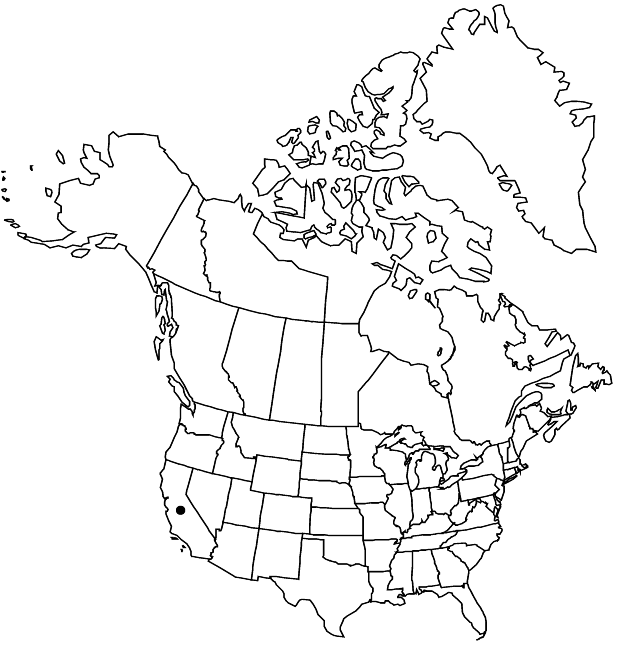Difference between revisions of "Arctostaphylos morroensis"
Madroño 5: 42, fig. 2a. 1939 ,.
FNA>Volume Importer |
imported>Volume Importer |
||
| (6 intermediate revisions by 2 users not shown) | |||
| Line 7: | Line 7: | ||
}} | }} | ||
|common_names=Morro manzanita | |common_names=Morro manzanita | ||
| + | |special_status={{Treatment/ID/Special_status | ||
| + | |code=E | ||
| + | |label=Endemic | ||
| + | }}{{Treatment/ID/Special_status | ||
| + | |code=C | ||
| + | |label=Conservation concern | ||
| + | }} | ||
|basionyms= | |basionyms= | ||
|synonyms= | |synonyms= | ||
| Line 24: | Line 31: | ||
|distribution=Calif. | |distribution=Calif. | ||
|discussion=<p>Of conservation concern.</p><!-- | |discussion=<p>Of conservation concern.</p><!-- | ||
| − | --><p>Arctostaphylos morroensis is known from the Morro Bay region in San Luis Obispo County.</p> | + | --><p><i>Arctostaphylos morroensis</i> is known from the Morro Bay region in San Luis Obispo County.</p> |
|tables= | |tables= | ||
|references= | |references= | ||
| Line 33: | Line 40: | ||
-->{{#Taxon: | -->{{#Taxon: | ||
name=Arctostaphylos morroensis | name=Arctostaphylos morroensis | ||
| − | |||
|authority=Wieslander & B. Schreiber | |authority=Wieslander & B. Schreiber | ||
|rank=species | |rank=species | ||
| Line 47: | Line 53: | ||
|publication title=Madroño | |publication title=Madroño | ||
|publication year= | |publication year= | ||
| − | |special status= | + | |special status=Endemic;Conservation concern |
| − | |source xml=https:// | + | |source xml=https://bitbucket.org/aafc-mbb/fna-data-curation/src/2e0870ddd59836b60bcf96646a41e87ea5a5943a/coarse_grained_fna_xml/V8/V8_828.xml |
|subfamily=Ericaceae subfam. Arbutoideae | |subfamily=Ericaceae subfam. Arbutoideae | ||
|genus=Arctostaphylos | |genus=Arctostaphylos | ||
Latest revision as of 22:46, 5 November 2020
Shrubs, erect or mound-forming, 1–4 m; burl absent; bark on older stems persistent, gray, shredded; twigs short-hairy with long, white hairs. Leaves bifacial in stomatal distribution; petiole 2–5 mm; blade dull gray abaxially, dark green, ± shiny adaxially, oblong-ovate to oblong-elliptic, 1.5–3 × 1–2 cm, base subcordate to ± truncate (sometimes with vestigial auricles), margins entire, cupped, abaxial surface smooth, densely tomentose, adaxial surface smooth, glabrous. Inflorescences panicles, 2–5-branched; immature inflorescence pendent, (branches congested, bell-shaped, partly framed by bracts), axis 0.5–0.8 cm, 1+ mm diam., short-hairy with long, white hairs; bracts not appressed, leaflike, linear-lanceolate, 5–8 mm, apex acuminate, surfaces puberulent. Pedicels 4–6 mm, hairy or glabrous. Flowers: corolla white, urceolate; ovary densely white-hairy. Fruits depressed-globose, 7–10 mm diam., sparsely hairy. Stones distinct. 2n = 26.
Phenology: Flowering winter–early spring.
Habitat: Maritime chaparral on sandy soils near coast
Elevation: 0-100 m
Discussion
Of conservation concern.
Arctostaphylos morroensis is known from the Morro Bay region in San Luis Obispo County.
Selected References
None.
